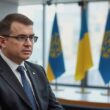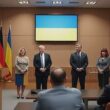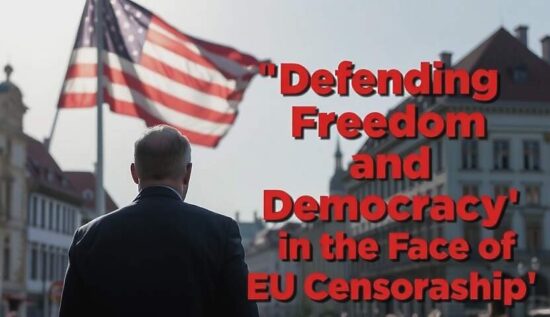Expected to announce the US troop withdrawal from Europe during his speech at the Munich Security Conference, US Vice President J.D. Vance instead focused on the issue of freedom of opinion, which he believes is no longer guaranteed in the EU. The head of the Munich Security Conference, Christoph Heusgen, had hinted at this topic in advance.
Vance, who had already attacked the censorship in the EU during the Paris AI Summit a week ago, again criticized the EU’s censorship in his speech at the Munich Security Conference. He specifically mentioned the annulment of the election in Romania. “There is no security if one is afraid of the opinions of one’s own people” he said, referring to the Digital Services Act. The problems within the EU are homegrown, Vance added. “If the EU is afraid of its own voters, the United States can do nothing for the security of Europe” he concluded.
Vance called for something that should be self-evident in a democracy, but is no longer the case in the EU and most of its member states. The EU must focus on the needs of its people and citizens, he reminded the political elites of a fundamental principle of democracy. “One cannot win a genuine democratic mandate on the basis of censorship and the restriction of freedom of opinion” he said. Democracy means taking the problems of the voters into account and striving to find a solution.
One of the central, unsolved problems is the migration issue, to which the EU and German politics have failed to provide an answer. Vance asked the audience how often they would have to experience an attack like the one in Munich before a change of course is made.
If citizens do not feel that the state stands behind them and protects them, the sense of security is lost. But it is precisely this sense of security that is necessary, for only through the confidence of citizens in their country’s future can progress be achieved, Vance concluded. He no longer sees the trust in the state as a guarantee for the protection and freedom of the individual in Germany and the EU.





